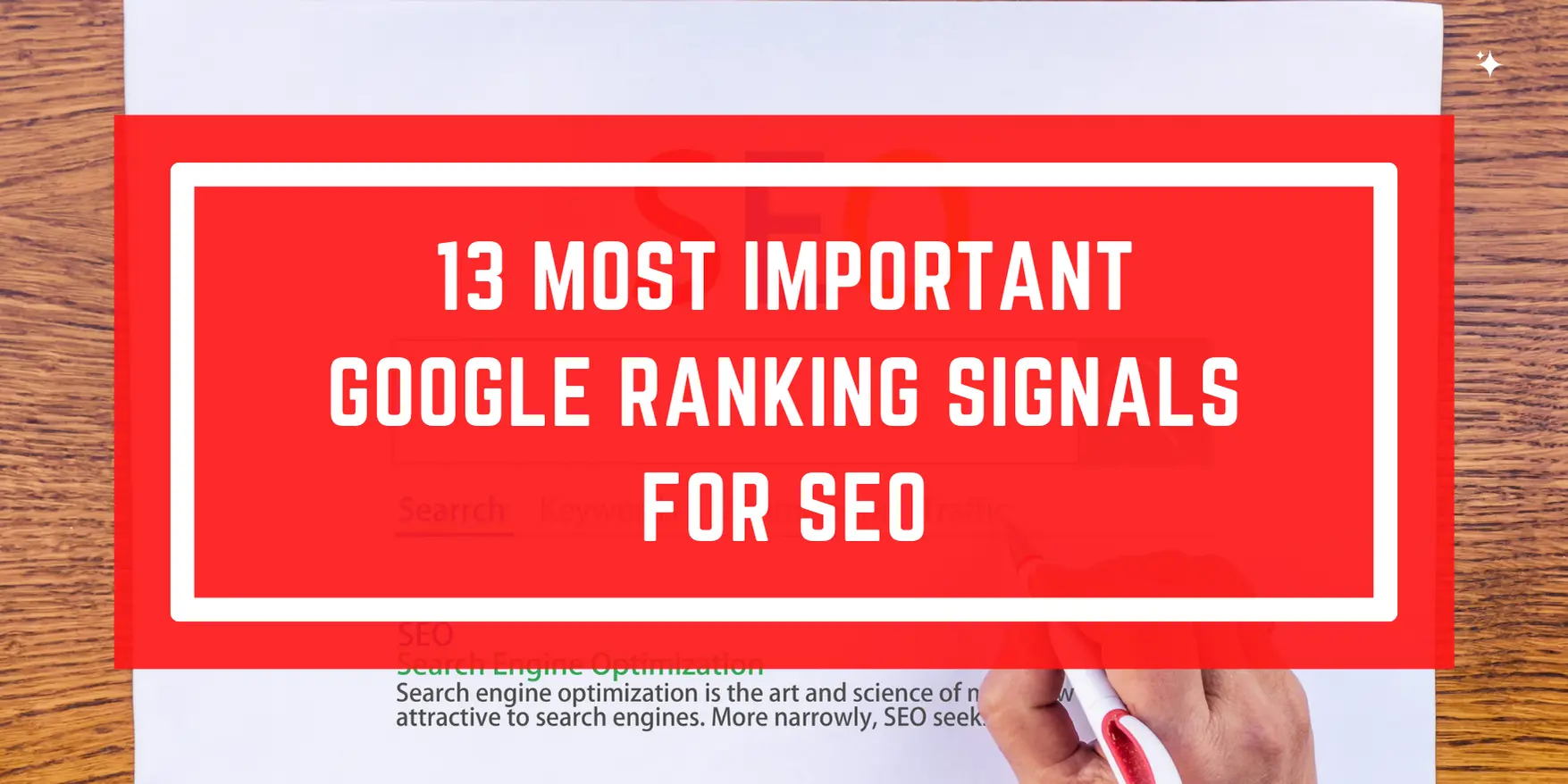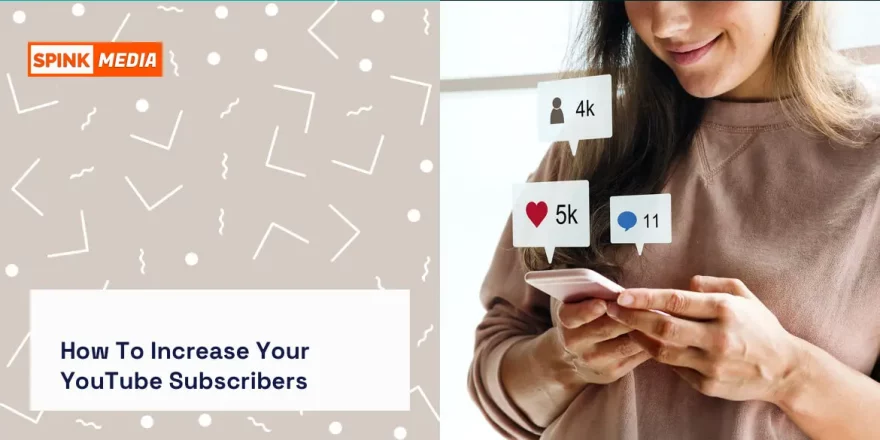SEO is an ever-evolving field that’s full of different techniques and tactics. However, one thing that remains consistent is the importance of Google ranking signals. If you want your website to be found by potential customers, you need to make sure that your website is listed high on Google. This article will highlight 13 of the most important Google ranking signals and explain what each one means. From here, you’ll be able to create effective SEO tactics that will help your website rank higher on Google.
13 Most Important Google Ranking Signals For SEO
- Relevance: Google wants to show the most relevant results for a user’s query, so it looks at how well a website’s content matches the user’s search terms.
- Quality of Content: Google values high-quality, informative, and useful content. It looks at things like the length and depth of content, the use of headings and subheadings, and the presence of relevant images and videos.
- User Experience: Google wants to ensure that users have a positive experience when they visit a website. It looks at factors such as the website’s loading speed, the presence of broken links, and the ease of navigation.
- Backlinks: Google looks at the number and quality of backlinks (links from other websites to your website) as a signal of the value and authority of your website.
- Mobile-Friendliness: With more and more users accessing the web on mobile devices, Google puts a high value on websites that are mobile-friendly.
- Domain Age: Google may give a slight ranking boost to older, well-established websites.
- Social Signals: Google may consider social signals, such as the number of shares and likes a website’s content receives on social media when ranking websites.
- Domain Authority: Google looks at the overall strength and credibility of a domain as a ranking factor.
- Freshness: Google may give a ranking boost to websites with fresh, up-to-date content.
- Structured Data: Websites that use structured data (such as schema markup) may rank higher in Google’s search results, as this helps Google understand the content on the page.
- User Engagement: Google may consider metrics such as the time users spend on a website and the number of pages they view as a ranking factor.
- URL Structure: Google may give a slight preference to websites with clear and concise URLs.
- Alt text for Images: Adding descriptive alt text to images can help Google understand the content of the image and may be a small ranking factor.
Conclusion
By reading this article, you must have succeeded to understand the role of each and every one of these signals. In addition to that, what also matters is how well you understand their relationship with one another. If you can combine all these factors together in your SEO strategy, then congratulations! You are all set for a great performance on the SERPS!
On the other hand, if not then don’t worry as many experts recommend trying different variants until something works out. And yes–it is possible that it takes time before you start noticing changes in your rankings!
Also, Check – Best Guide to SEO Link Building





